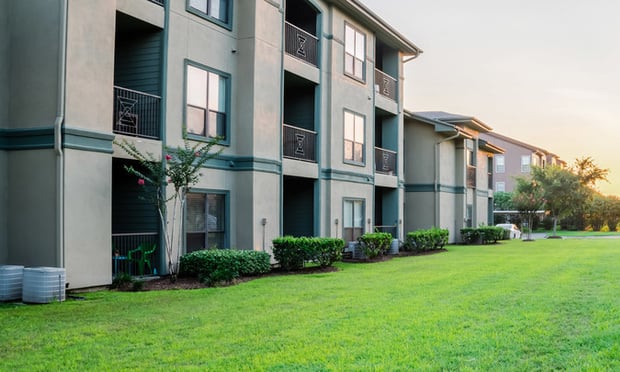DALLAS-At one time, the term "senior housing" conjured up visions of nursing homes filled with elderly people who did little but sit around. These days, the nursing homes are still around, but they're more than, as Caddis Partners LLC's Jason L. Signor points out, places where people go to die.
Signor, CEO of Dallas-based Caddis, recently participated in an interview for Real Estate Forum's senior housing article, and explains that senior housing, in general, describes a broad spectrum of housing options for older people. For example, there are huge differences between assisted living and skilled nursing, even if both of these types of housing offer similar services. "The reimbursement model is different," he says. "People call them nursing homes, but they might not be true nursing homes. It might be skilled nursing. Or it might be a nursing home billing Medicaid. There are a lot of differences."
Caddis Partners is a healthcare real estate developer that introduced its Heartis assisted living brand to the marketplace this past year. Signor says the company began dipping its toe in the skilled nursing/senior housing water in 2010 through joint ventures to "learn about the market." After seeing the demand, Caddis launched Heartis and broke ground on its first project in Cleburne, TX, about 30 miles south of Fort Worth. Projects are also underway in Conroe and Amarillo, with more planned in Houston and San Antonio. Signor says Caddis is interested in expanding to markets outside of Texas as well.
Whether called nursing homes or skilled nursing centers, Signor is adamant in that the concept needs to be upgraded. "Most of the facilities out there are older, at least 10 or 15 years old," he points out. "They don't have modern technology or best practices, few are best of class. We see a lot of ability for us to improve it."
One of the ways by which Caddis is working toward improvement is through branding. Signor points out that the term "Heartis" – with "heart" as a major focus – tends to be more upbeat "versus a lot of names out there dealing with falling leaves or some sort of foliage," he says, with a laugh. "Those feel a bit old. We don't want to feel old. We want to feel fresh and useful, and to provide as youthful an environment as we can for our residents."
Interestingly enough, it's not so much the baby boomers that are driving this trend. Certainly this upper end of the baby boom demographic will hit the age of 70 beginning in 2016. Still, "that's not old," Signor comments. "It's the baby boomers' parents that are driving the change."
As those baby boomers move toward the age in which they'll need the skilled nursing care, more opportunities will arise for developers such as Caddis Partners. The problem, however, is that others will jump into the market as well, and those others are likely to treat senior housing like commercial real estate as opposed to a healthcare service. In other words, it's not so much the type of building that goes up, as much as it's the organization with which the developer is partnering to deliver a service to the elderly.
To explain this more specifically, Signor compares what he calls the fragmented senior housing sector to the huge (and also fragmented) hospitality sector. In hospitality, there are many developers, but only a handful of quality hotel operators worth collaborating with. "I believe the same is true in senior housing," Signor says.
Want to continue reading?
Become a Free ALM Digital Reader.
Once you are an ALM Digital Member, you’ll receive:
- Breaking commercial real estate news and analysis, on-site and via our newsletters and custom alerts
- Educational webcasts, white papers, and ebooks from industry thought leaders
- Critical coverage of the property casualty insurance and financial advisory markets on our other ALM sites, PropertyCasualty360 and ThinkAdvisor
Already have an account? Sign In Now
*May exclude premium content© 2024 ALM Global, LLC, All Rights Reserved. Request academic re-use from www.copyright.com. All other uses, submit a request to [email protected]. For more information visit Asset & Logo Licensing.








